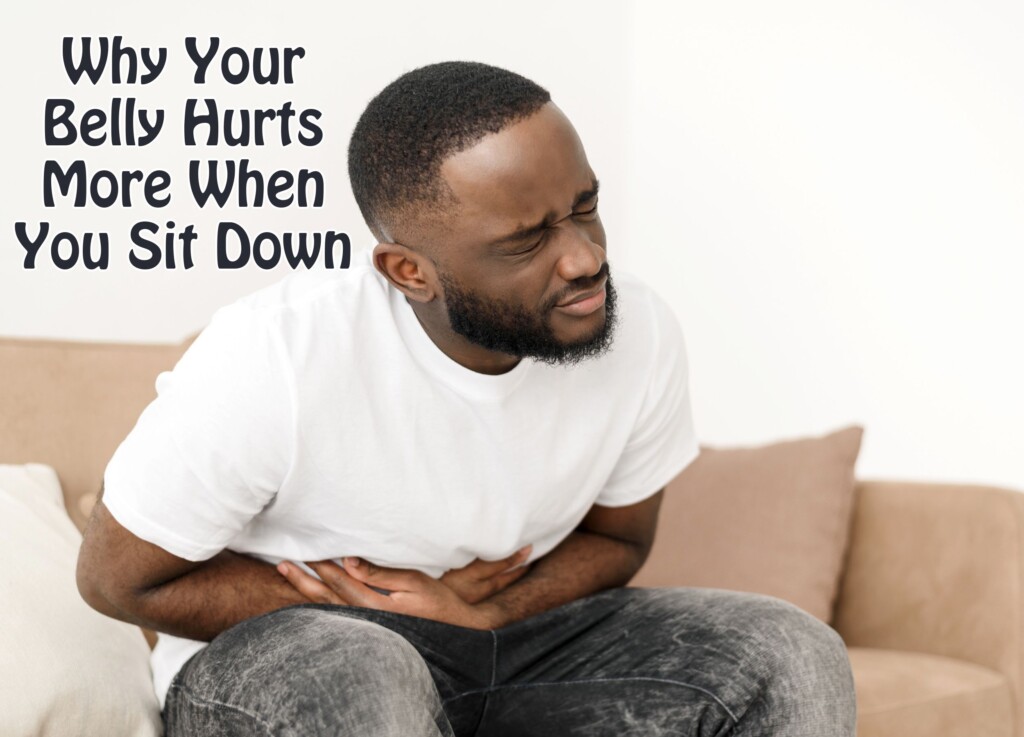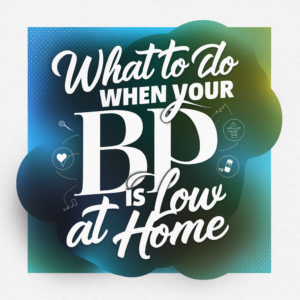Understanding the Connection Between Body Position and Digestive Discomfort
We’ve all experienced it at some point: that uncomfortable feeling in your belly that just won’t go away. For some, it’s a constant battle, and for others, it’s an occasional nuisance. But have you ever noticed that your body position can significantly impact how your belly feels? Whether you’re sitting, standing, or lying down, your posture can either alleviate or exacerbate your digestive discomfort. If you are constipated, this can also be the case.

The Impact of Sitting on Digestive Health
When you sit down, you may notice that your belly tends to hurt a little more. This is not a mere coincidence. Sitting can compress your abdominal organs, including your stomach and intestines, which can lead to discomfort and even pain. This compression can slow down the digestive process, leading to feelings of fullness or bloating.
The Role of Eating in Exacerbating Discomfort
Eating tends to make the situation worse, especially if you’re already sitting. Consuming food adds more content to your stomach and intestines, which are already compressed due to your sitting position. This can result in increased pressure, leading to more significant discomfort and even nausea.
The Relief of Standing
Standing up typically provides the most relief out of all positions. When you stand, your abdominal organs have more room to spread out, relieving the pressure that contributes to discomfort. The gravitational pull also aids in the downward movement of food through your digestive system, making the process more efficient.
Lying on Your Side: A Double-Edged Sword
Lying on your side can be a bit of a mixed bag when it comes to digestive health. On the one hand, this position can help alleviate heartburn and acid reflux. On the other hand, lying on your side can make your belly feel uncomfortable. This is because lying down, in general, can slow down the digestive process, leading to potential discomfort.
The Importance of Posture
Maintaining good posture can also play a role in how your belly feels. Slouching or hunching over can compress your abdominal area, leading to discomfort. On the flip side, standing or sitting up straight can help improve your digestive health by giving your organs more room to function efficiently.
Lifestyle Changes for Better Digestive Health
If you find that your digestive discomfort is affecting your quality of life, it may be time to consider making some lifestyle changes. This can include incorporating more physical activity into your routine, eating smaller, more frequent meals, and avoiding foods that trigger your symptoms.
When to Seek Medical Advice
If you’ve tried various positions and lifestyle changes and still experience persistent digestive discomfort, it may be time to consult a healthcare professional. Conditions like irritable bowel syndrome (IBS), gastroesophageal reflux disease (GERD), and even food intolerances can cause similar symptoms and may require medical intervention for proper diagnosis and treatment.
Your body position can have a significant impact on your digestive health. While standing may offer the most relief, it’s essential to pay attention to how different positions affect your body. If digestive discomfort persists, don’t hesitate to seek medical advice to rule out any underlying conditions. Remember, your well-being is a priority, and taking proactive steps can make all the difference in improving your digestive health.
As an Amazon Associate we earn from qualifying purchases through some links in our articles.




